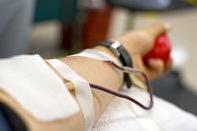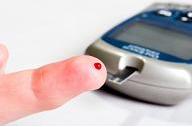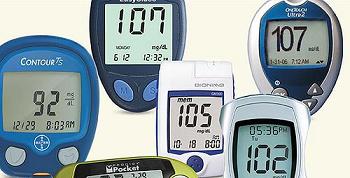Tips for Giving Blood
posted by: Rio Dianne
 Did you know that blood donations can save lives? Based on statistics, one individual in the US is in need of blood every two seconds. There are actually a lot of organizations that gather blood like the Red Cross and United Blood Services. Healthcare facilities need varying components of blood such as red blood cells, plasma, platelets, and white blood cells to supply to those people who are having organ transplants, injuries, as well as other treating other endemic diseases like Dengue Hemorrhagic fever. Many know about it; however most people are still scared of the thought of donating because of fear of needles or anxiety over catching a disease. But the notion should be reversed as in reality, the technique is generally safe. Have you finally decided to donate? Read on as we give you tips for giving blood.
Did you know that blood donations can save lives? Based on statistics, one individual in the US is in need of blood every two seconds. There are actually a lot of organizations that gather blood like the Red Cross and United Blood Services. Healthcare facilities need varying components of blood such as red blood cells, plasma, platelets, and white blood cells to supply to those people who are having organ transplants, injuries, as well as other treating other endemic diseases like Dengue Hemorrhagic fever. Many know about it; however most people are still scared of the thought of donating because of fear of needles or anxiety over catching a disease. But the notion should be reversed as in reality, the technique is generally safe. Have you finally decided to donate? Read on as we give you tips for giving blood.
Tips when Giving Blood
Just follow the tips below that can help you eliminate the effects brought about by the procedure making your donation a pleasant one. First and foremost, you need to undergo testing to determine blood types as well as eligibility for the process. Good candidates usually include those who are healthy, fit, and are not suffering from any medical condition. Weight is also one of the criteria for this one.
Before Giving Blood
- Doctors encourage that one should eat iron rich foods including red meat, fish, beans, poultry, iron-fortified foods.
- Drinking plenty of fluids before the procedure is also beneficial.
- One should also eat a healthy meal prior to the technique. Food restrictions include fatty foods as they can affect your blood’s appearance.
- Rest and have a good sleep on the day before donating.
During
- Relax and try not to be nervous.
- Avoid constricting clothes; instead wear comfortable ones or those that can be raised above the elbows.
After Donating Blood
- Drink plenty of fluids for the rest of the day to replace the fluids lost in the body. You may also opt to have a snack post-procedure.
- If you feel dizzy, lie down comfortably with your legs elevated.
- Refrain yourself from doing strenuous activities for the rest of the day.
- Apply pressure on the needle site if bleeding continues. You can also elevate your arms above the heart level to cease bleeding.
- Report any untoward symptoms felt after the process.
There you have it. Those are some of the tips for giving blood. Apparently, there are a lot of FAQs about the process, but it would be better if you talk to a medical professional regarding your concerns to have a full understanding of the procedure that you are going to undertake. Good luck!
You might also like
|
|
|
|
|
One Response
I’ve hear about selling blood. Are they legal in a way?




